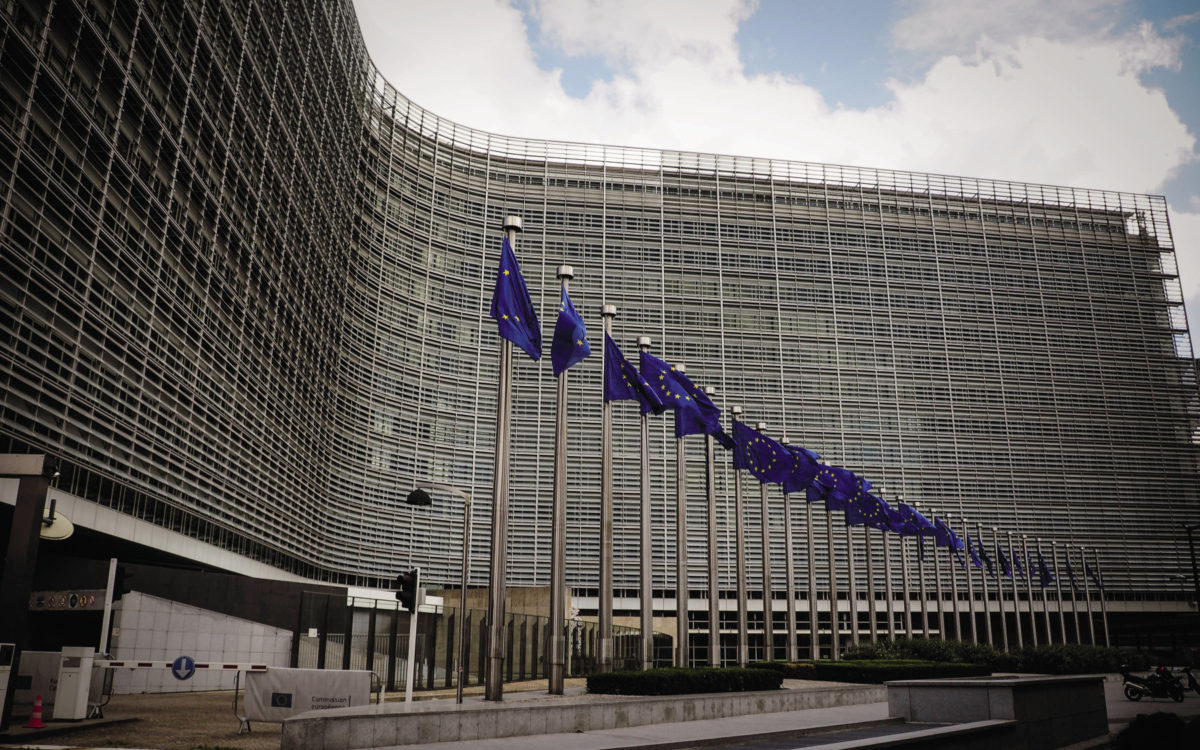The European Battery Alliance – a project of common European interest (IPCEI) that aims to facilitate the creation of an “Airbus of batteries,” in reference to the multinational aerospace group – has been jointly set up by Belgium, Finland, France, Germany, Italy, Poland and Sweden.
The European Commission said in a press release it authorized the seven member states to contribute some €3.2 billion to finance the project, which should make it possible to mobilize an additional €5 billion in private investment. More specifically, France has applied for authorization to provide up to €960 million in aid, while Germany is planning to invest around €1.25 billion. Belgium, meanwhile, is expected to contribute €30 million, followed by Italy with €570 million, Poland with €240 million and Sweden with €50 million.
The European Commission said that a significant share of the extra profits made by participants will be shared with taxpayers through a clawback mechanism. If the projects are successful and generate additional net revenues above projections, the companies will return some of the money collected from taxpayers to their respective member states.
Since last year, the European Commission has been developing a strategic action plan for the European Battery Alliance that focuses on four main points: raw materials and advanced materials, battery cells and modules, battery systems, and recycling and refining. The initiative is scheduled to end in 2031, with different schedules for each sub-project.
The alliance will feature 17 direct participants, including BASF, BMW and Solvay. Direct participants will work closely with each other and more than 70 external partners, such as small- and medium-sized enterprises, as well as public research organizations from all over Europe.
Following the decision in Brussels, France's Ministry of the Economy and Finance said that it would work with Germany to ensure that new pilot plants would be built in each country to support the project. The first pilot will be built in Nouvelle-Aquitaine in early 2020, it said, with a production site to be launched in 2022, at a cost of more than €5 billion.
This content is protected by copyright and may not be reused. If you want to cooperate with us and would like to reuse some of our content, please contact: editors@pv-magazine.com.




1 comment
By submitting this form you agree to pv magazine using your data for the purposes of publishing your comment.
Your personal data will only be disclosed or otherwise transmitted to third parties for the purposes of spam filtering or if this is necessary for technical maintenance of the website. Any other transfer to third parties will not take place unless this is justified on the basis of applicable data protection regulations or if pv magazine is legally obliged to do so.
You may revoke this consent at any time with effect for the future, in which case your personal data will be deleted immediately. Otherwise, your data will be deleted if pv magazine has processed your request or the purpose of data storage is fulfilled.
Further information on data privacy can be found in our Data Protection Policy.